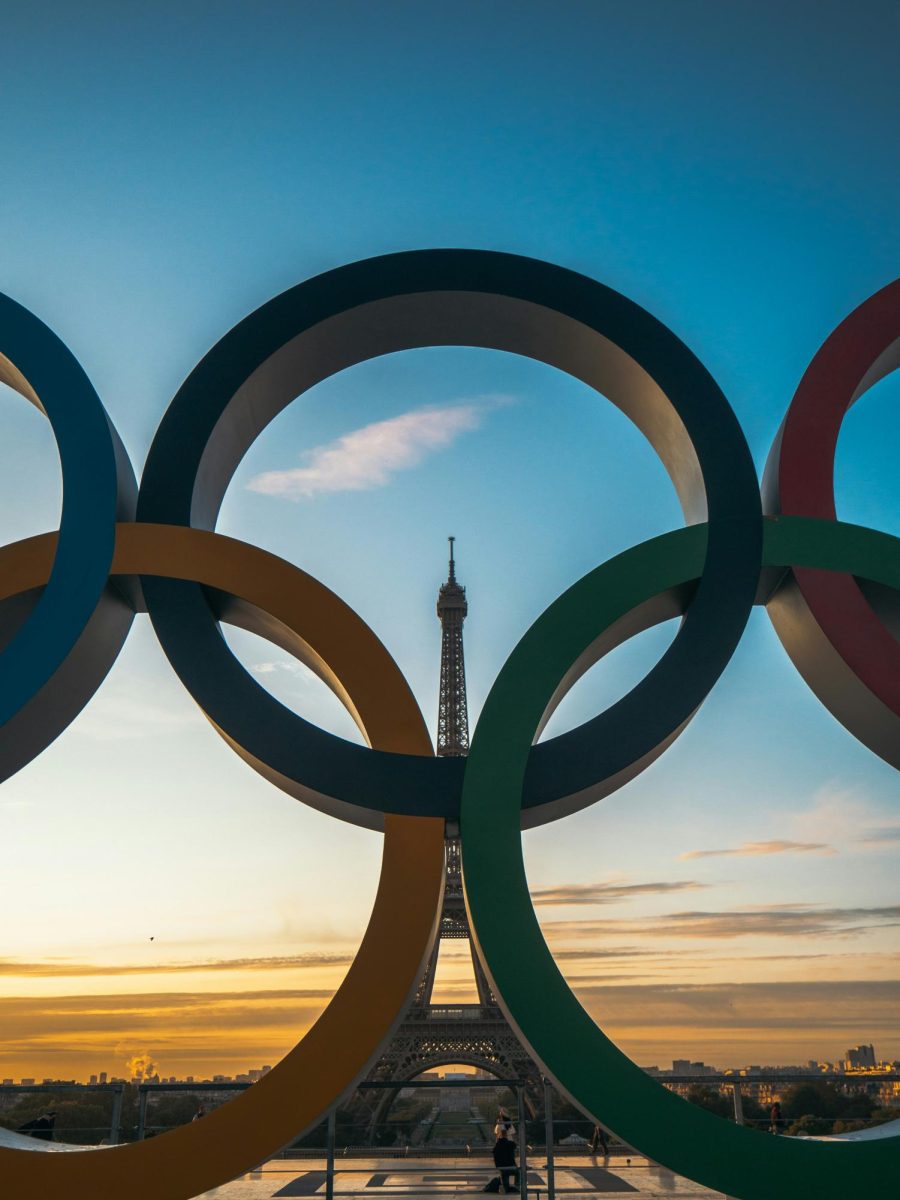Olympic Rings Return to Tokyo Bay
December 9, 2020
After being removed for four months of maintenance in August, the iconic Olympic Rings have returned to Tokyo Bay. As preparations ramped up for the currently-postponed Olympic Games, the rings illuminated Tokyo on Dec. 1. They provided a symbol of hope and normalcy amidst a worldwide pandemic. Though they soon went dark due to COVID-19 regulations, the return of the monument also signified the approaching of the 32nd quadrennial Olympics. City officials hope that their presence will lift spirits. Traditionally, the rings symbolize the five continents of the Earth united as one.
“Since the symbol is here, we want Tokyo residents and also internationally to feel that the Games are coming very soon,” Tokyo metropolitan government planning director Atsushi Yanashimizu said. “Also, we want everyone to feel we will have the Tokyo 2020 Games next year.”
Like many other sports events, celebrations, and traditions, the coronavirus uprooted Olympic plans, costing Tokyo approximately $3 billion in preparation efforts. Postponed earlier this March due to the COVID-19 pandemic, the 2020 Games will take place next year from July 23 to Aug. 8. Given the circumstances, however, there will still be strict precautions to ensure the safety of the Olympians, coaches, and all other staff. Although Japan has done a reasonable job controlling the virus, with about 1,900 deaths attributed to COVID-19, the country has seen case surges in recent weeks that speak to the necessity of pandemic measures.
The 2020 Games are likely to be a no-frills event, with as much social distancing as possible and as little contact necessary. Athletes competing in the Tokyo Olympics will still be allowed to reside in the Athletes’ Village. Late-night parties, mornings on the town, and general sightseeing are likely to be prohibited. Athletes will also be encouraged to spend as little time in Japan as possible and to leave a day or two after competing.
“Staying longer in the village increases the potential for problems,” John Coates, the Internal Olympic Committee member in charge of Tokyo preparations, said at an Olympic briefing in November.
Coates added that the famous opening ceremony would be relatively restricted as well, with only athletes and six officials present. Officials are still debating how to prevent the tradition from becoming a superspreader event. Depending on vaccine viability and testing speed, athletes may be tested for the virus every four to five days.
“If the Games are to be held under the COVID-19 pandemic, I don’t think the Olympics will be as festive as they have been in the past,” Toshiro Muto, the CEO of the local organizing committee, said. “We decided to hold a simplified Olympics. Therefore, as you can see in the planning for the opening ceremony, the Tokyo Olympics will be simplified rather than celebratory.”
Photo courtesy of UNSPLASH.COM

